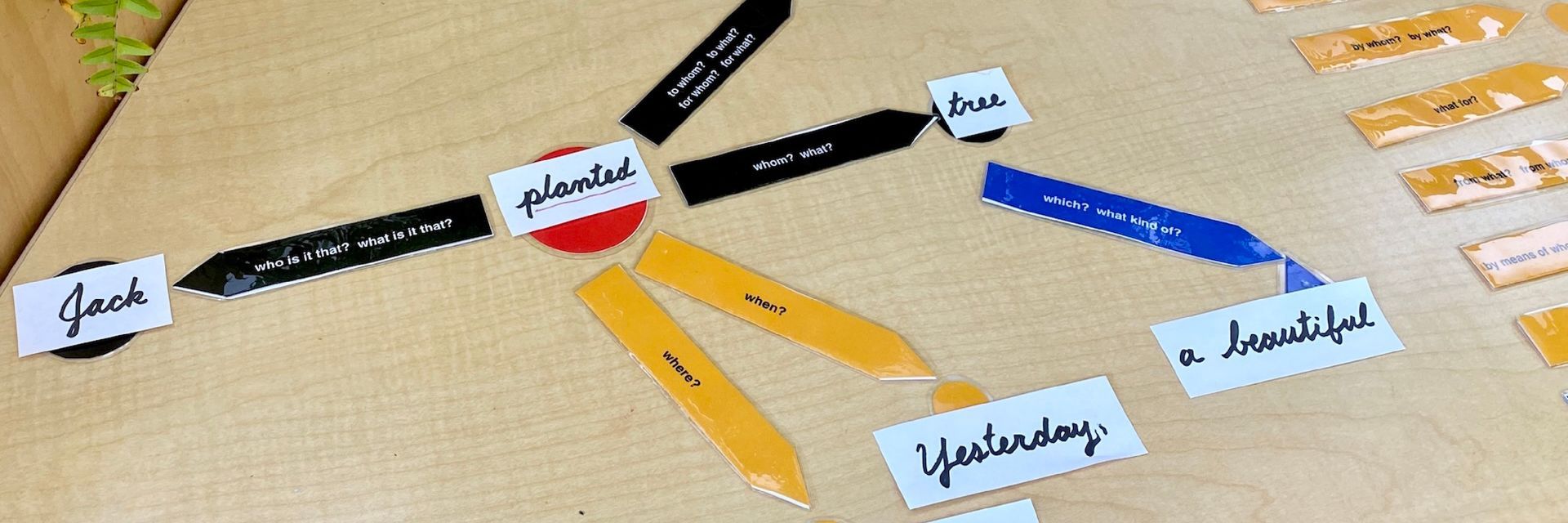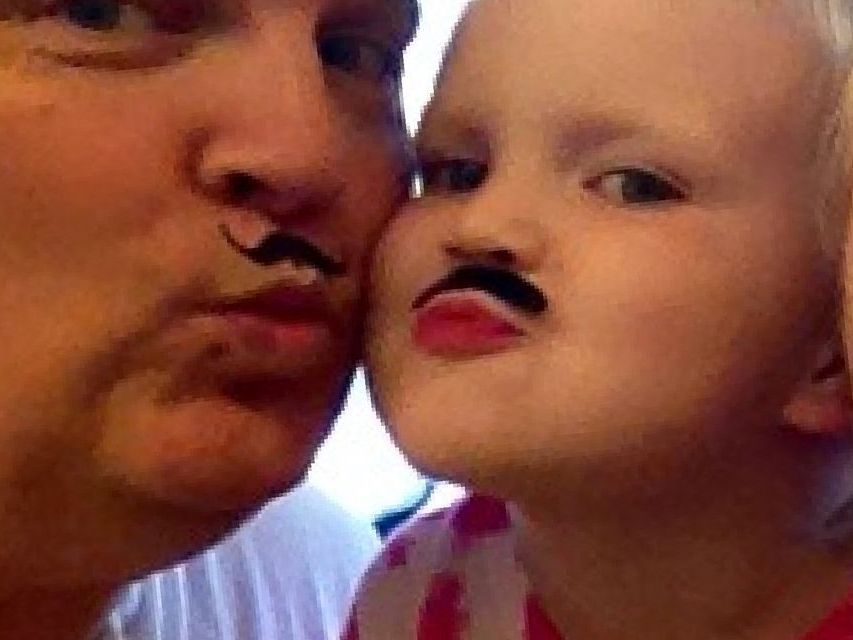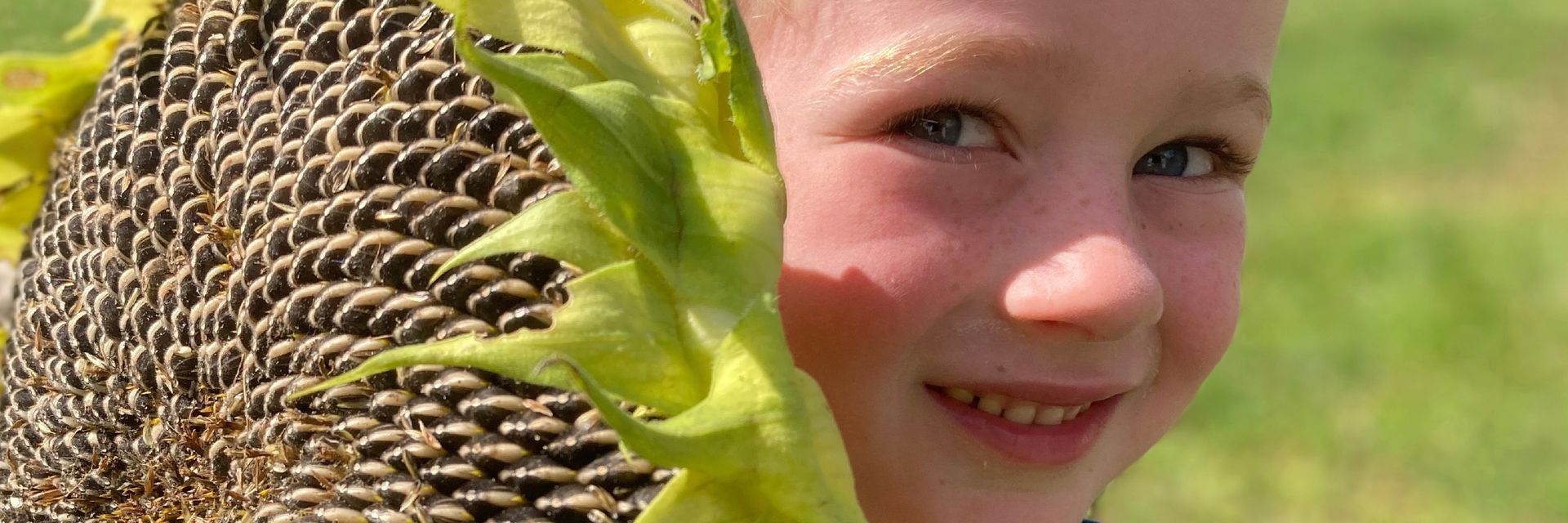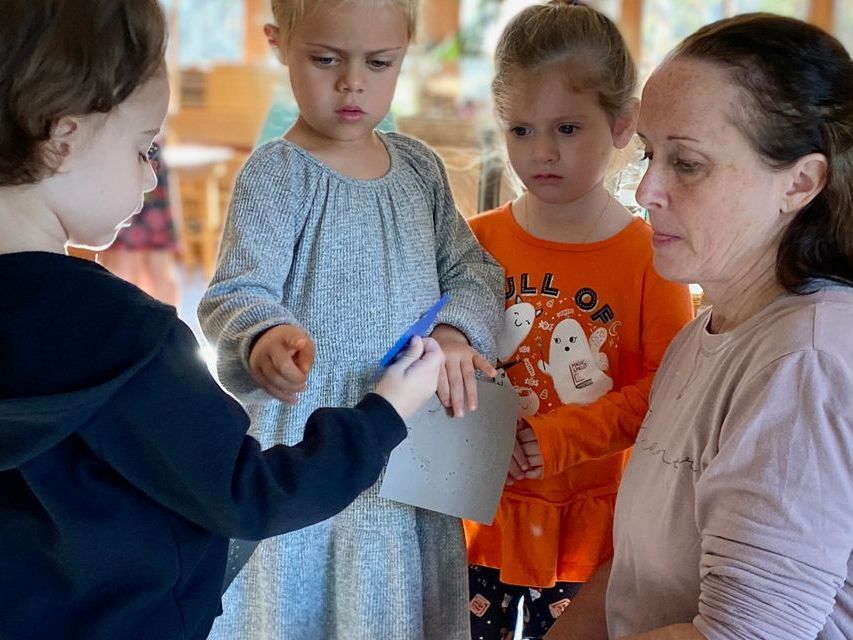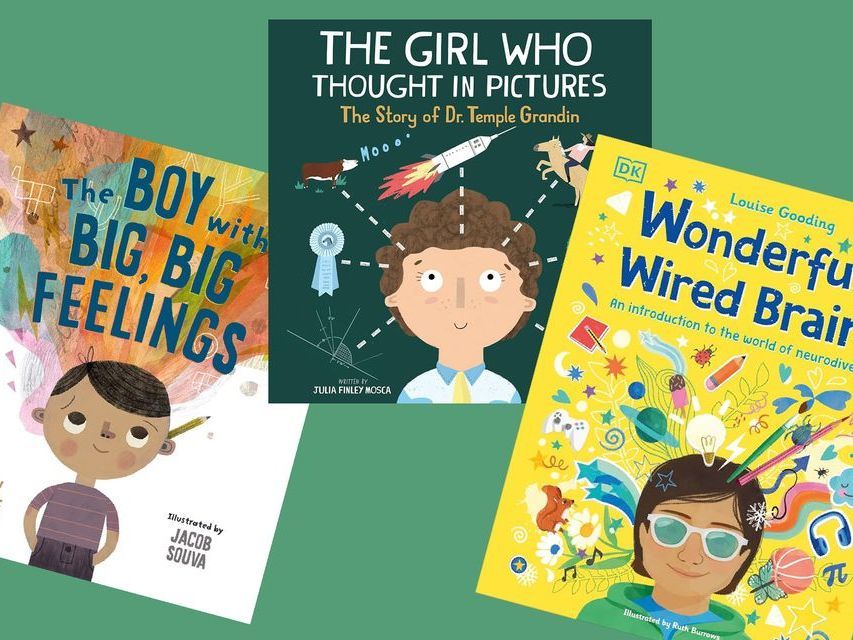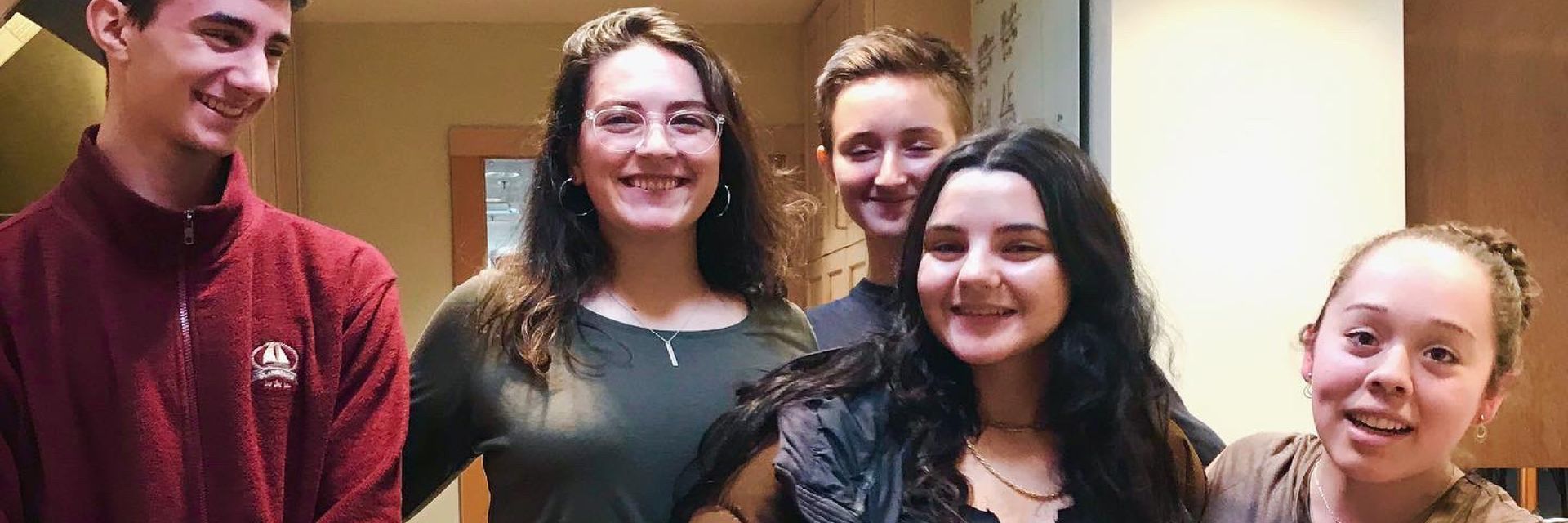The Power and Potential of Sleep
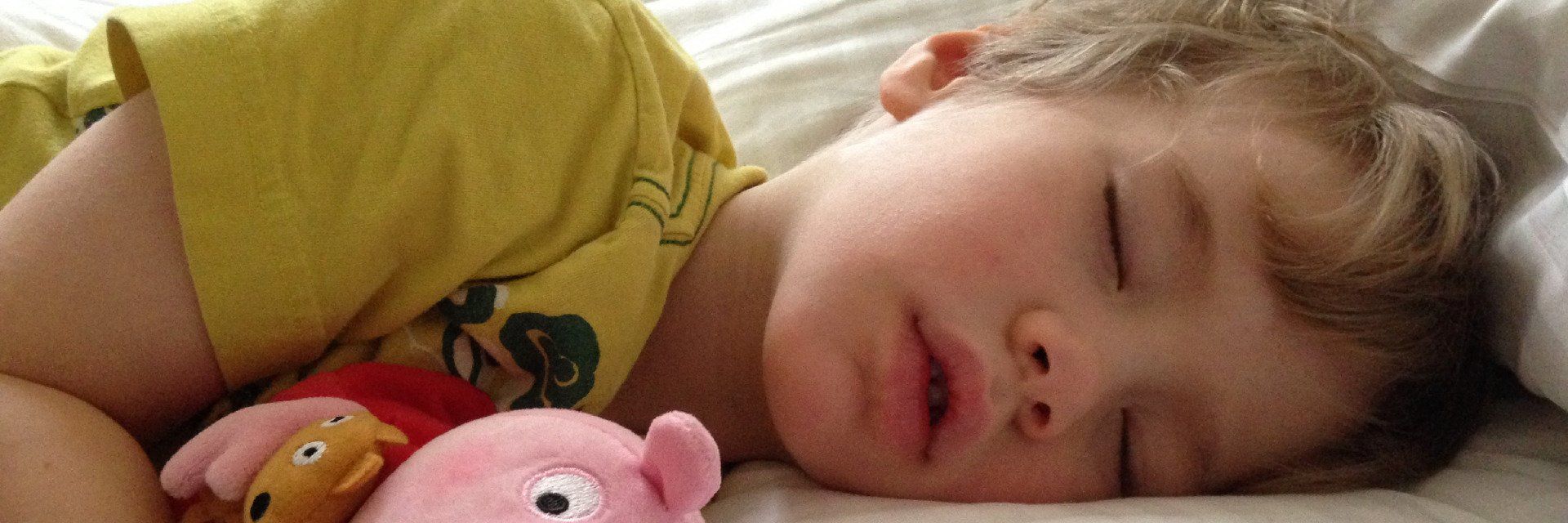
We work so hard to provide the best for our children. When they are young, we may try to find innovative toys, sign up for parent-infant programs, or research brain-boosting foods. As they get older, we might enroll them in enrichment programs, pursue assessments, or invest in tutors. But what if the best thing we could do was completely free, within our own household, and could provide a lifetime of benefits?
More and more research reveals the purpose of sleep and the importance of getting enough of it. Sleep provides the power behind a multitude of important aspects of our lives, especially for our children. Sleep not only enriches the ability to learn, memorize, think logically, and consider choices, but also provides emotional recalibration and allows for inspiration and creativity. Furthermore, in addition to a slew of physical and mental health benefits, sleep allows the immune system to work most effectively.
Here’s the surprising thing, though: our children typically aren’t getting enough of it (and neither are we!).
A
2014 poll conducted by the National Sleep Foundation (NSF) shows that the majority of school-aged children aren’t getting the recommended amount of sleep (although over 70% of parents believe they do).
The American Academy of Pediatrics (AAP) also
reports that 25% of children under age five don’t get adequate sleep.
Why does this matter?
In Montessori, we believe in understanding the whole child as a developing human being. We prepare learning environments to meet the needs and characteristics that children have at each stage of development. We carefully observe how children are interacting with each other and their surroundings. We also partner with families to support children in achieving their full potential. Understanding the role sleep plays in this development is critical.
Cognitive Ability
In Why We Sleep: Unlocking the Power of Sleep and Dreams, sleep researcher Matthew Walker, Ph.D., describes that “a tired, under-slept brain is little more than a leaky memory sieve, in no state to receive, absorb, or efficiently retain an education.” If we want our young people to have the most benefit from their learning experiences, it’s essential to consider the role that sleep has in brain development. A lack of sleep prevents the formation of lasting memories. Whereas a full night of sleep allows the brain to continue to improve skill memories (e.g. playing a section of music on the piano) even without further practice. “Sleeping on it” is just the thing our children need!
Emotional Regulation
On an anecdotal level, we know how our children can be cranky and irritable after a bad night’s sleep. Studies have also confirmed how sleep deprivation affects the emotional centers of the brain. Basically, without enough sleep, our brains revert to very primitive patterns of reactivity. In this state, it’s hard to understand the broader context of a particular event or action, which can lead to inappropriate emotional reactions. The sleep-deprived brain experiences dramatic mood swings and the rational control centers of the brain essentially lose control. It makes sense then, how lack of sleep can lead to aggression, bullying, and behavioral challenges in children across a range of ages.
Symptoms
In addition to these behavioral problems, sleep deficiency symptoms in children can appear as an inability to maintain focus and attention, distractibility, irritability, moodiness, and even depression. Often, we see these symptoms but don’t consider the role that sleep (or lack thereof) might be playing in children’s lives. To further complicate matters, the symptoms of sleep deficiency can look a lot like ADHD symptoms.
With all this in mind, it’s worth taking a pause when children are exhibiting challenging behaviors, bumping up against intellectual or academic challenges, or struggling socially or emotionally. Before jumping to other conclusions, we should be asking if they are getting enough sleep.
Connection
We care about your child’s development and want to partner with you to provide your child with the best environment for their growth and learning. Come see how we consider the whole child and work with families as partners!
To Learn More
For more information about how much sleep is needed at each stage of development, visit The National Sleep Foundation.
For information about healthy sleep hygiene for children visit
Sleep Foundation.
And if you want to learn more about the science behind sleep, be sure to read
Why We Sleep: Unlocking the Power of Sleep and Dreams, by Matthew Walker, Ph.D.
To visit our school,
give us a call or
schedule a tour online.
